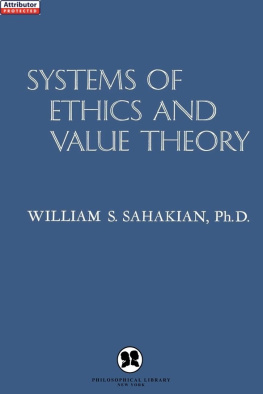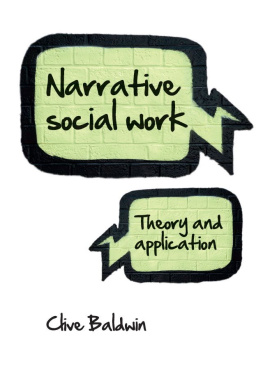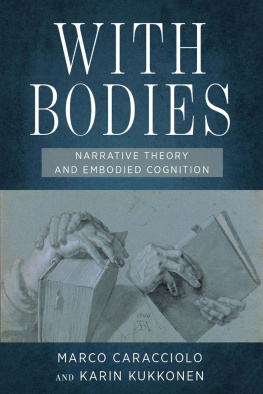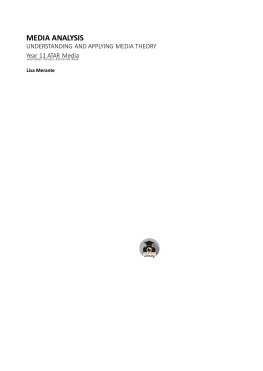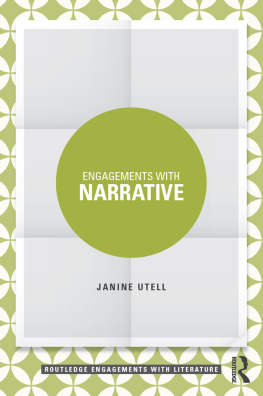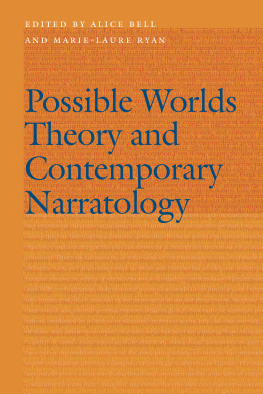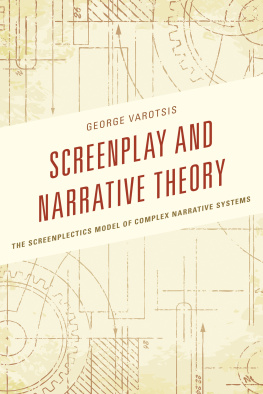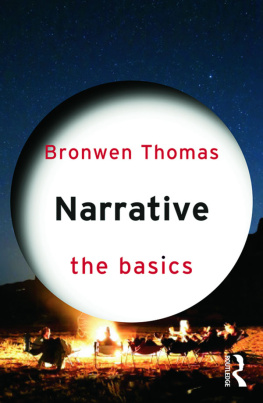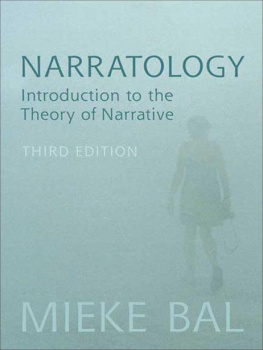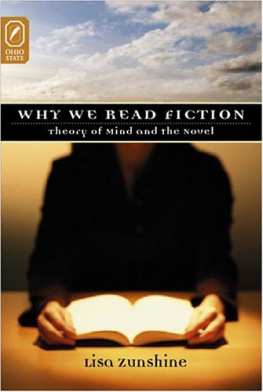Neocybernetics and Narrative
Neocybernetics and Narrative
Bruce Clarke


University of Minnesota Press
Minneapolis London
Portions of the Introduction were published as From Information to Cognition: The Systems Counterculture, Heinz von Foersters Pedagogy, and Second-Order Cybernetics, Constructivist Foundations 7, no. 3 (2012): 196207, http://www.univie.ac.at/constructivism/journal/7/3/196.clarke.
Portions of chapter 1 were published as Gaming the Trace: Systems Theory for Comparative Literature, in Comparatist 37 (2013): 18699; copyright 2013 by the Southern Comparative Literature Association; reprinted by permission of the University of North Carolina Press.
Portions of chapter 1 were published as Friedrich Kittlers Technosublime: Gramaphone, Film, Typewriter,Electronic Book Review 10 (1999), http://www.altx.com/ebr/reviews/rev10/r10cla.htm.
Portions of chapter 2 were published as Systems Theory, in Routledge Companion to Literature and Science, ed. Bruce Clarke with Manuela Rossini, 21425 (New York: Routledge, 2010).
Portions of chapter 2 were published as Communication and as Information in Critical Terms for Media Studies, ed. W. J. T. Mitchell and Mark B. N. Hansen, 15771 (Chicago: University of Chicago Press, 2010); copyright 2010 by the University of Chicago; all rights reserved.
Portions of chapter 5 were published as Embodied Mediation: Avatar and Its Systems, Zeitschrift fr Medien- und Kulturforschung 3, no. 1 (2012): 2542.
Copyright 2014 by the Regents of the University of Minnesota All rights reserved. No part of this publication may be reproduced, stored in a retrieval system, or transmitted, in any form or by any means, electronic, mechanical, photocopying, recording, or otherwise, without the prior written permission of the publisher.
Published by the University of Minnesota Press
111 Third Avenue South, Suite 290
Minneapolis, MN 554012520
http://www.upress.umn.edu
Library of Congress Cataloging-in-Publication Data Clarke, Bruce.
Neocybernetics and Narration / Bruce Clarke.
(Posthumanities ; 29)
Includes bibliographical references and index.
ISBN 978-1-4529-4216-2
1. Narration (Rhetoric). 2. Cybernetics in literature. 3. System theory in literature. I. Title.
PN212.C55 2014
808dc23
2013049861
The University of Minnesota is an equal-opportunity educator and employer.
For Donna, Minnie, and Hermes
In memoriam Lynn Margulis and Helen Tartar
Mysteries of Cognition
Living systems are cognitive systems, and living, as a process, is a process of cognition.
Humberto Maturana, Neurophysiology of Cognition
But what is Spirit if not a metaphorical circumlocution for the mystery of communication?
Niklas Luhmann, Art as a Social System
Of the many systems discourses taken up in the theory discourse of the posthumanities, the most refined and capacious line of thought is the second-order systems theory formulated by biologists Humberto Maturana and Francisco Varela, incubated by cyberneticist Heinz von Foerster, and then extensively cultivated by sociologist Niklas Luhmann. Grounded as well in the work of social scientist Gregory Bateson and mathematician George Spencer-Brown, this second-order or neocybernetic line of systems discourse has borne the widest and most promising dissemination beyond the home disciplines of cybernetics, and the most searching theoretical development beyond science proper and into the discursive disciplines. For the kind of work done in the posthumanities, Luhmanns social systems theory in particular represents the second-order lines most thorough unfolding to date.
To sharpen second-order systems theorys scholarly profile and enhance its intellectual cred, Neocybernetics and Narrative reviews the state and status of these neocybernetic formations, fills in some important historical moments in their development, and models their forms of attention to literary, cinematic, and critical works. This study samples and applies primary concepts of second-order systems theoryin particular, recursive forms and self-referential systemsin their own right. It also interrogates two key discourses in systems theorys immediate environment: media theory and narrative theory. It puts into play the treatments of second-order systems theory in my Posthuman Metamorphosis and those that Mark Hansen and I collected in Emergence and Embodiment. In hopes of moving the critical arguments forward, I draw out issues left latent in those previous works.
Key among those latent issues is the matter of cognition, in particular, as that concept is redefined in neocybernetic theory. Drawing from the nexus of sources listed previously, I work with an understanding of cognition first developed at the turn of the 1970s by von Foerster and Maturana (Figure 1). In an interview published in 2007, Maturana underscores cognition as the central concern of his own research carried out while on fellowships at von Foersters Biological Computer Laboratory (BCL). Asked what he may have contributed to von Foersters thinking, Maturana contends that
my way of facing the questions about cognition in the domain of biology made a difference: introducing the observer as an active participant in the generation of understanding and in the process of explaining the observer. That was my concern: explaining the observer, not merely claiming, the observer is there, but explaining it.
Introducing the observer as an active participant... in the process of explaining the observer is a classic second-order statement. Its recursive arc perfectly captures what second-order meansthe redoubling or rendering circular of an input or an outcome, the reentry of a product into the process of its own ongoing production. In Interview on von Foerster, Maturana goes on to recollect a watershed moment at the BCL, when his interactions with von Foerster assist a conceptual transition away from an earlier control- and information-theoretical cybernetics:
When I came back in 1968... I put my emphasis on circularity, on the observer participating, on the distinction by an observer.... [von Foerster] was still speaking in those days about information and information in the environment. I remember that during one of my first lectures in Illinois I said: Information does not exist, it is a useless notion in biology.... It is a useful notion for design for understanding systems that are very well specified, you may describe relations in these terms but living systems do not operate in those terms. (45)
It is a simple if radical point, marking the reformation of cognition within a self-referential cybernetics, the priority now accorded to systemic cognition as responsible for its own informatic constructions. An environment contains everything that is not the system that cognizes it, but whatever information an observer comes to have about it refers to that observer in the first instance. It begins as the product of a cognitive operation, which may then be available for attribution to the environment of the system. That product is necessarily a selection of internal states, carried out by and within that system, and achieving a determinate meaning for itself by leaving aside other possibilities. If this reversal of cognitive attitude from passive registration to active selection and subsequent construction is somewhat less of a radical gesture in the present moment, nonetheless, it remains a widely disputed repudiation of objectivistic truisms in favor of what we would now call a form of epistemological constructivism.


